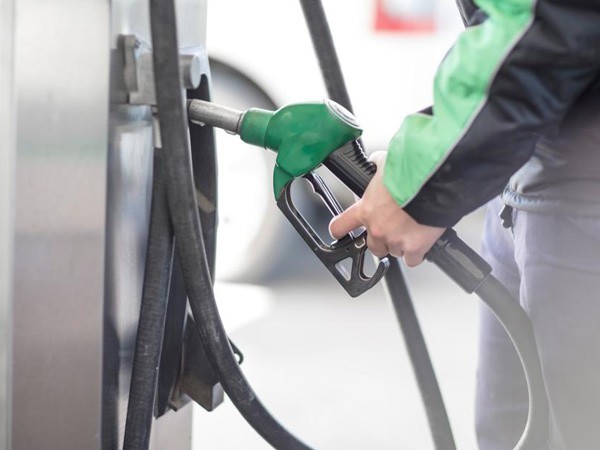

Pakistan‘s petrol outlet owners announced a complete strike from July 18, 2022, in protest against the runaway cost of doing business as the energy crisis continues to grip the country.
Pakistan’s monthly fuel oil imports are set to hit a four-year high in June, The News International reported citing Refinitiv data as the country struggles to buy liquefied natural gas (LNG) for power generation amid massive heatwaves.
Pakistan decreased oil imports in the second half of 2018 as LNG prices were low, but it had to switch back to oil in July 2021 because of the excessive increase in LNG prices that clasped the nation.
Imports last peaked at 680,000 tonnes in May 2018 and 741,000 tonnes in June 2017, reported The News International.
At present, the dealers are receiving margins after the deduction of tax at the rate of Rs 3.20/litre on diesel and Rs 3.90/litre on petrol although they were promised by the previous PTI government that margins would be increased to 4.5 per cent.
According to Dawn, Chairman of Pakistan Petroleum Dealers Association (PPDA), Abdul Sami Khan said “The low margins are forcing them to shut down their businesses and should be raised to 6 per cent.”
Due to the increasing energy crisis and high cost of electricity, their profit margins witnessed a sharp decline, he added, saying that “The petrol pumps will remain shut till their demands are accepted.”
Besides, a massive hike in the prices of petroleum products also proved blow to their businesses.
The PPDA Chairman also slammed the Shehbaz Sharif-led Pakistan government for the economic instability and rising demand for energy and fuel, as he pointed out that dealers get nothing from a hike in fuel prices and vowed to continue the protest as long as their problems were unresolved.
The per litre cost of dealers had gone up to Rs 5, while the cost of electricity had doubled compared to the previous year, he said.
Pakistan’s energy crisis is set to worsen more as the country struggles to procure LNG at an affordable rate when little is available in an international market that has been sorely affected by the political fallout of the Russia-Ukraine war.
Moreover, Pakistan’s cost of energy production has also increased following an increase in fuel prices.
Almost two-thirds of the country’s electricity generation is based on fossil fuels.
The rise in crude oil prices has hit the highest in the last three years – USD 86 per barrel as almost two-thirds of the country’s electricity generation is based on fossil fuels.
The energy crisis is worsening due to the rising cost of the LNG and Pakistan is set to face its third successive winter energy crisis due to a lack of energy resources.